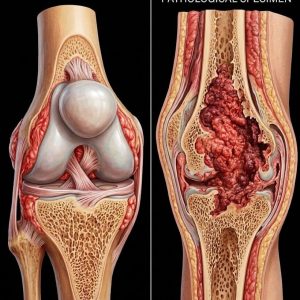California’s Clean Air Standards Under Fire: Senate Challenges Raise Stakes
California has long led the nation in fighting air pollution and championing electric vehicles (EVs), thanks to a special exemption under the 1970 Clean Air Act that lets the state set stricter vehicle emissions rules than the federal government.
Now, a recent U.S. Senate effort to revoke California’s waiver has sparked intense legal and political debates. Over a dozen states have adopted California’s tougher standards, fueling EV innovation and cleaner air nationwide. Critics warn that rolling back these rules could stall progress and worsen pollution, particularly harming low-income and minority communities already facing high rates of asthma and heart disease in cities like Los Angeles and Fresno.
Environmental justice advocates stress that weakening protections would disproportionately impact vulnerable populations, undoing years of health gains.
Opponents of California’s policies often cite the fossil fuel industry’s powerful influence in Congress, pointing to significant lobbying and donations aimed at curbing stricter emissions laws.
Meanwhile, supporters—including major tech and EV companies like Tesla and Google—argue that strong clean energy standards spur innovation, create jobs, and keep the U.S. competitive in the global green economy.
With younger voters and even some conservative regions increasingly backing climate action, analysts warn that resisting clean energy efforts could carry political risks.





